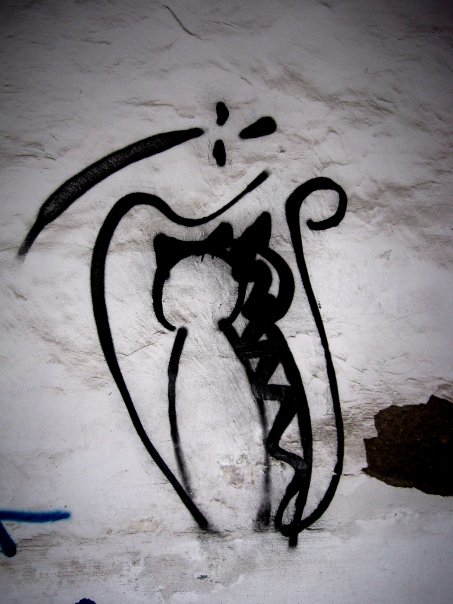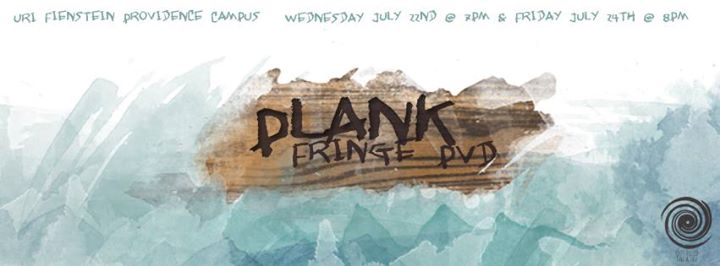 There's a point in Plank where Potpee is rescued from being adrift at sea. It's a big, loud scene, like a parade and a 21st century media event all rolled into one, and yesterday when we were rehearsing the scene the actors playing Mercedes and Thimble were improvising, running through the audience, that sort of thing, and then they pulled out their cell phones and began taking selfies with Potpee and tweeted, etc. (In a devised theater environment, it's a little hard to say exactly whose idea this was: It was probably one of those group-thought moments where Kira, Erika, and Sarah all collectively jumped on the idea at once.) There has been a lot of discussion in the past week or so about cell phones in the theater. There was this guy who tried to plug his cell phone into an outlet in the set of Hand of God. Then Patti LuPone snatched a cell phone from an audience member who was texting and surfing throughout Show for Days. Social media went berserk. Of course it did, which is why Potpee loves her plank so much. There was discussion about this being the end of civilization as we know it. Progressives all were for how we're now doing theater for people who need to be connected 24/7 so we should just accept that. And then this came out, which frankly seems to be the most intelligent response so far. Yes and no. Yes we have to accept that technology is a huge part of our world, but no, we don't want it to overwhelm or supplant the theatrical experience. We still want people to be engaged in what's happening on stage. I keep thinking of musicians being ignored in bars, or playing background in restaurants, and that is definitely not the direction I want my theater taking. Still, once Sarah and Erika started playing with their cell phones, it was an easy leap to start thinking of ways for the audience to join in, too, using technology to engage them further in the play. We discussed this as a group, asking the actors how they felt about having to deal with the audience as an active participant of the play (they were totally stoked!) We considered what we would do if there was that one self-absorbed audience member who tried to hijack the show? We even considered if we should let the audience tweet during the entire show, wondering if that would keep them totally engaged in the show in order to keep up with their tweeting? In the end, we decided that during the rescue scene we would invite the audience to take pictures, selfies, tweet, post, whatever, making them part of the big rescue. I feel so lucky to be working with Kira and the cast of Plank, people who are open to these kinds of ideas and are willing to roll with what's happening out in the world and inject it into our art. It's an experiment; we all acknowledged that it is, and what better place to experiment with something like this is with a small play in a fringe theater. Let's see how it goes with Plank, so we can see how we can make it work perhaps in a full-length play.
2 Comments
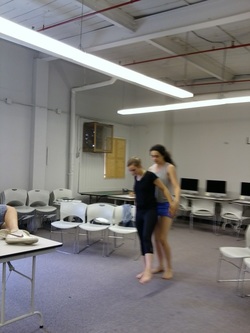 Erika Rethorn and Sarah Leach investigate transitioning from playing the Ocean to becoming a seagull. Erika Rethorn and Sarah Leach investigate transitioning from playing the Ocean to becoming a seagull. It's in the rehearsal room where all the magic happens, and it's my favorite place in the theater. It's that place like the sandbox or the playground where the outside world disappears and a child's imagination would just soar, and for those of us who never "grew up" we can continue with our childlike nature. The playwright's job is to write whatever you want, whatever you can imagine, and don't worry how it's going to get done. So, in Plank, we have stage directions like these: "A seagull alights on the plank. The seagull and POTPEE consider one another. The seagull flies off: Kaa-kaa." ...and... "THIMBLE looks down in the water, around the plank. POTPEE surfaces with a roar like a breaching great white shark and grabs THIMBLE by the neck and drags him/her under. POTPEE resurfaces, spits a stream of water from her mouth, and remounts the plank. She paddles back out to sea." Watching OUT LOUD Theatre's ensemble approach the script is just plain fun. And it's also part of a larger process. I suspect that Plank will someday be a full-length play because of the way the script already has grown from a ten-minute play to a 40-minute one-act, with no end in sight yet. And now, from conversations with the actors and Kira Hawkridge, the director, my imagination is opening up into other areas for exploration. It was Kira's idea to use actors for the Ocean. It's an easy leap from that suggestion (and this playwright being open to the suggestion) to the playwright adding these characters to the script and start imagining the details of the characters who make up the Ocean: Their names, personalities, and what they might say and do, again, based on conversations and experimentation in the rehearsal room. I hope this gives you some insight into the process of developing the production that will be at the Providence Fringe Festival, and that we'll see you at the theater. Patti Cassidy of Boston Play Cafe interviewed playwright and Alley Cat Theater's Artistic Director, John Greiner-Ferris, about Plank, Alley Cat Theater, and playwrights self-producing. 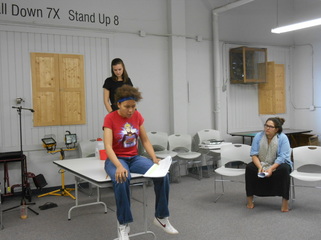 Tammy Brown rehearsing the role of Potpee with Erika Rethorn, while Director Kira Hawkridge watches. Tammy Brown rehearsing the role of Potpee with Erika Rethorn, while Director Kira Hawkridge watches. I was talking to someone the other day who had read the script to Plank and she commented that it was a very complicated play to stage. It isn't. That's the thing about it, it looks complicated, but it is so simple that I'm guessing that's why people think it's complicated. The play is meant to be simple. When I first started writing it, I intentionally thought of the simplest thing I could, and wrote: A single plank of wood floats in the middle of the ocean. Daylight. Sparkling sunlight. After that I knew a character could only fall out of the sky or come up out of the ocean, and since falling out of the sky seemed a bit much even for me, I had Potpee burst out from under the water. The play calls for a minimum of three actors, and the set consists of a plank of wood. That's it. And the script consists of more action than dialogue. How much simpler can you get? You can have as many actors as you want or can afford or that will fit on your stage, but three is the minimum. And Potpee (the name means Person on the Plank) is played by a woman. You could put a plank of wood between two chairs, or construct a contraption consisting of springs and wire and I don't know what else, depending on the imagination, creativity, and talent of your designers. The script intentionally allows for an enormous amount of leeway when it comes to the actor's motivation, but there are also very definite clues to tell the creative team what is happening. For example, when Potpee writes the following poem on the plank after gazing at the night sky, it gives clues as to the location and time of the play: Oh gallant hunter Chasing bulls through the night. Striding bold in spite of Or is it because of The cold. You have gained obvious strength since I last saw you Carrying twins on your shoulders light Faithful Sirius trots at your heel trusting His Master's guidance on your heavenly journey That will continue long after I've completed mine. This tells us that if we are in the northern hemisphere, then it is winter because Orion is a winter constellation. But if it's winter, then we have to be fairly far south so Potpee doesn't die of exposure. The twins and the bull are the constellations Gemini and Taurus, so we know she has a clear view of that part of the sky. Maybe what throws people is the incredible amount of latitude I give theater artists to develop their own play, and I know the script would attract a certain type of theater artist--one trained and steeped in devised theater--over a more traditional theater artist. 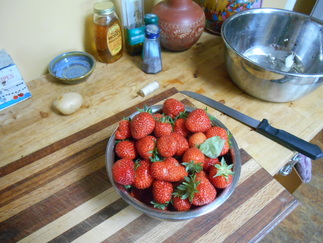 I went out in the garden today and this is what I found. I'd say it's about two quarts of some the most delicious strawberries you'll ever find. Nothing tastes better than food just picked from the garden. Gardening, like writing, is a meditative activity. Leaning over, brushing the leaves back to look for ripe berries, a mind drifts on a placid sea of memories and thoughts, ideas and notions. I can't even look at a strawberry without not only thinking of, but actually feeling the presence of my grandmother who had a strawberry patch in her garden many times the size of my entire garden. Strawberries were a special food in my family, because they were attributed to my grandmother, a wonderful, gentle woman who I can't ever remembering hugging me but I still, somehow, knew loved me. A special treat for everyone was some of her frozen strawberries ladled over vanilla ice cream, especially in the winter, and of course I thought it was miraculous, because, yes, it was most definitely miraculous. Distant flavors and memories frozen in time in her farmhouse kitchen, unleashed in your mouth; if you can't see the miracle in that, I'm sorry to say, you're jaded and need to unplug--now. To show how important strawberries are in my family, they were the last food my mother, dying of cancer, craved. They made her so happy. In the same way strawberries always conjure my grandmother and mother in my mind, I use a double-edge razor, the kind my father used, to recall him, even for that brief time in front of the mirror when I can see myself and see his face in mine and wonder what he'd think of me now. We plant irises in the garden, a few more every year, because they were both Sue's and my father's favorite flower. And today in the garden my mind went to the church in Charleston, and the killer who took nine lives. I recall the people who made me what I am today, who were instrumental in my development, who were church-going people, even though I'm not. I never understood the peace and joy my own family received from church, but then, I'm sure there are some who don't understand what I get from pulling weeds. Imagine if it had been them, my family, killed while doing a simple thing they loved? What if I were shot in my garden? I've always been a writer, an artist, who worked with words and pictures, and even during all of the years when I made my living in soulless corporate America, I was more eager to rise above it all and show people what I could do, artistically, using words and images and sounds to tell a story. I've always been one who preferred to roll up his sleeves and get his hands dirty so I could finally hold something up to the world and say, See what I created! A story in a magazine. A play. A garden. It has always been my urge to make the world a better place, and move on. It's never been my urging to injure or kill someone. I'll continue to create, to make gardens wherever I happen to be, leaving them behind as I move on, filled with irises and strawberries in memory of loved ones. And I'll continue to make theater, steeped in my family history, named after my daughters, diverse in all colors and races and genders and ages, telling stories usually not found on the stage, ephemeral in nature. My choice is to keep things alive: memories, people, ideas. It's my choice. But it's also who I am. Plank is a collaboration between Alley Cat Theater and Out Loud Theatre that will be performed at the Providence Fringe Festival on Wednesday, July 22 at 7:00 p.m. and Friday, July 24 at 8:00 p.m. at URI/Providence.
One thing I quickly learned from my experience last Fall while producing through Boston Public Works is that I am more than a playwright. I am, for lack of a term, an artist who, as of late at least, works in the theater. A theater maker, perhaps, though I loath the pretension inherent in that term, the way I loath most labels. Putting a play up on a stage is, for me at least, a much more encompassing effort than simply getting actors and theater artists together to meld all of their skills to produce a play. There has to be more to it than putting on a show, selling tickets, and counting your money.
Or, the more I think about it, the more I think I can say that it wasn't really the experience of producing Turtles that led me to this conclusion. It was the three weeks after the production that my wife and I spent in Paris when I could look back on the producing experience that led me to that conclusion. I was able to look back on what I felt worked and didn't work, what was enjoyable and what was sheer misery (and you might imagine that sometimes misery brought success!) and it allowed me to distance myself from everything--life in the United States and life in Boston and life in the theater--and decide what I really wanted to do, how I wanted to live with all of those aspects in my life. I love Paris. Not France. Paris. I love the city. I love the culture that is infused in everyday life there and its beauty and disarming charm. I love the food and the wine, mais oui. I've visited a number of times, but what struck me the most this time was the notion of the number of people who lived and worked at some point in Paris, and they didn't just come for the food and wine, but for the philosophy--maybe that's the wrong word--how about the seriousness of life? How they viewed life on a grand scale. The Impressionists didn't just paint; they embraced a philosophy bigger than themselves or their paintings and they were passionate about their personal philosophy. There were the Absurdists and the Dadaists. Some of the greatest artists and their work were vilified. Rodin's statue of Balzac was hated--hated!--yet, I can only stand before that statue in awe of its raw beauty and power. People lived and sometimes died for their beliefs. Right now I'm thinking of the Paris Commune. But to prove that I'm not living in the past, a month after we came home, the artists at Charlie Hebdo were gunned down for their art. I think what I'm saying is how that city attracted people who were passionate about issues bigger than themselves. And I think that's what I feel is lacking in the American theater. A passion for something more than just self-promotion and fame. Alley Cat Theater isn't supposed to be here right now. My plan was that it would be launched about a year from now. At Boston Public Works, I say we are always laying track in front of an oncoming locomotive. For ACT, I thought i would lay all of the infrastructure so life wouldn't be so hectic. But I think one of the most important things in life is to know what you want, because when the opportunity presents itself, you know to take it. When this summer's Providence Fringe Festival presented itself, I thought, well, life is presenting me with something. But some of the big important work has been done. In Paris, long ago, and only a few months ago. ACT will be a diverse theater composed of theater makers (!) of all races, sexual orientation, ages, nationalities, and anything or anyone esle I've left out. The work will be challenging. I would prefer if people would leave the theater with questions rather than answers, so they can find the answers themselves. I never want someone to leave saying, Well, that was nice. Want to get some ice cream? I don't know when, but somewhere along the line playwrights were relegated to a rather impotent position in the theater. The people who come up with the initial spark of creativity, then painstakingly bring it to life in a draft of a script, are then told usually by a director, thank you very much, I'll take it from here.
And then the script--because it's not a play until it's staged--then the script is given the director's "vision". No one would ever buy a painting then hang it upside down because they feel it looks better that way, but that is precisely what happens to scripts all of the time. Whatever the playwright intended is tossed aside, and is given an entirely new intent by someone who the theater world thinks is more qualified. I started Alley Cat Theater to give the authority and responsibility for all of the artistic merit of a play back to the playwright. Me. And other playwrights who want to take charge of their work. This idea, though, includes directors and actors and dramaturgs and theater technicians who want to collaborate and bring their unique talent vision to new work. It's not playwright as dictator. Rather, it's the playwright as the artistic director, who believes in the collaborative effort that is theater. Trust and respect is at the heart of this theater. It's all the collaborators trusting the other artists to establish an open and free environment to exchange ideas in order to create. It's all of the collaborators respecting one another for the talent and expertise they bring to the theater. |
Alley Cat TheaterAlley Cat Theater produces new work that is intelligent, compelling, and thoughtful, telling stories by pushing the boundaries of the theater. Archives
December 2017
|
|
Alley Cat Theater has been funded by The Boston Foundation as part of the Live Arts Boston initiative, Eastern Bank Charitable Foundation, and the Bob Jolly Charitable Trust.
|
Proudly powered by Weebly

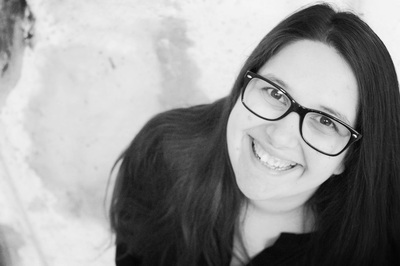
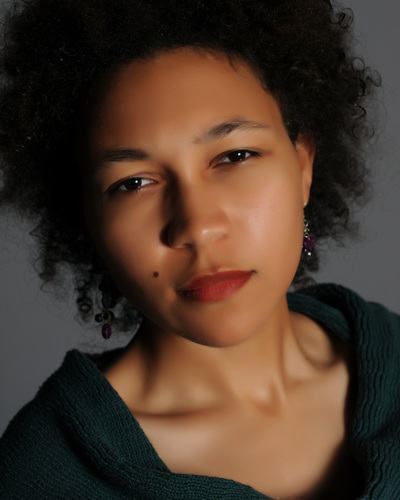
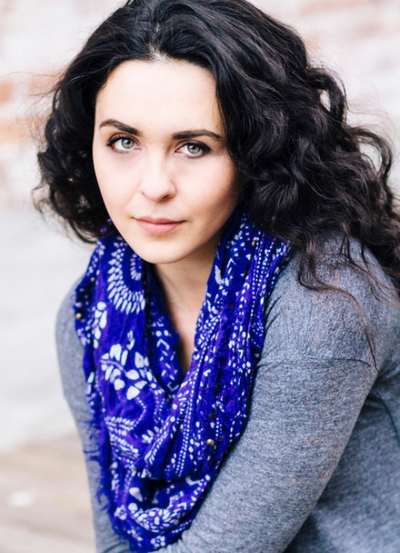

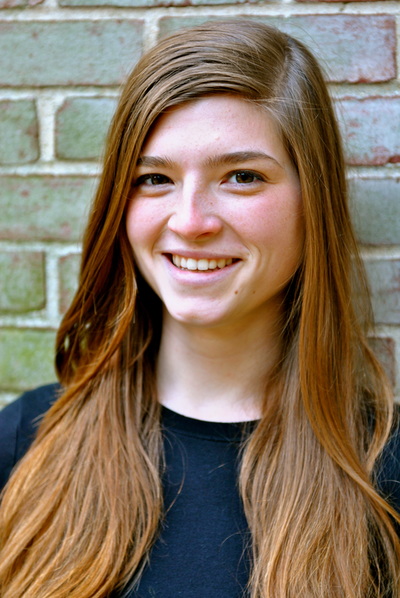
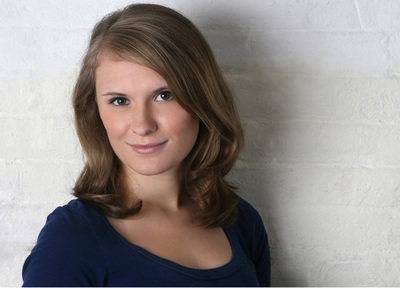
 RSS Feed
RSS Feed
